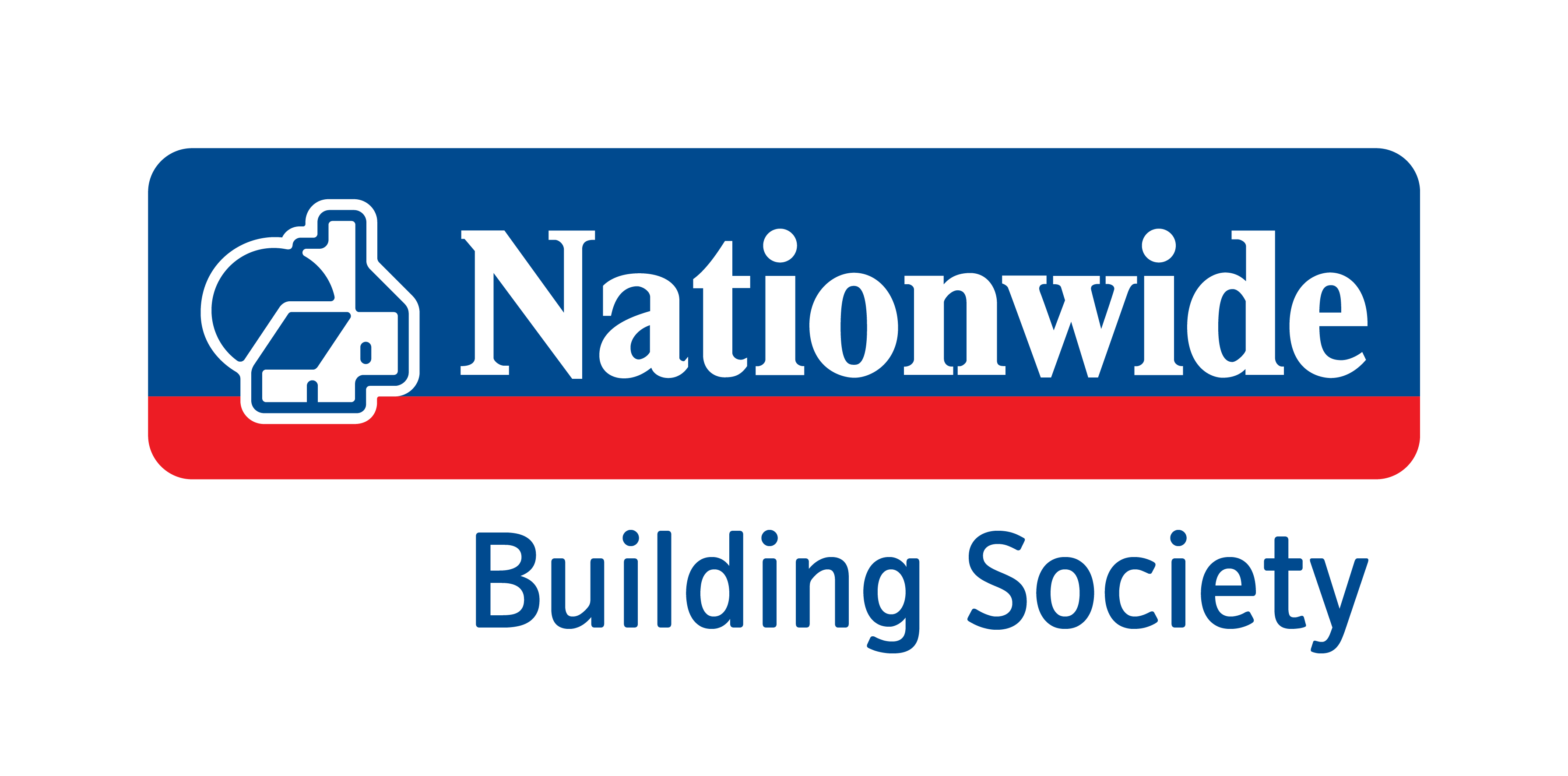
Nationwide Q1 earnings highlight the success of its ongoing drive to grow its current accounts market share.
Nationwide opened more new current accounts than any other brand for the three months to end June.

Access deeper industry intelligence
Experience unmatched clarity with a single platform that combines unique data, AI, and human expertise.
The UK’S largest building society now has a current account market share of 8.0% (7.7& Q117).
In 2012 and with a then market share of 6%, Nationwide set a long term market share target of 10%.
Opening 187,000 new accounts in the quarter brings Nationwide half way to meeting the target.
Nationwide Q1 statutory profit fell by 13% to £281m (Q117: £322m) under margin pressure.

US Tariffs are shifting - will you react or anticipate?
Don’t let policy changes catch you off guard. Stay proactive with real-time data and expert analysis.
By GlobalDataNet interest margin is down by 78 basis points year on year to 1.28% from the year ago quarter.
Other less positive metrics include a five percentage point rise in Nationwide’s cost-income ratio to 62.8%.
Nationwide Q1 highlights include:
- Strong ISA sales are helping to boost deposit growth; deposits grew by 2.8% to £152.2bn;
- Deposits market share rises by 20 basis points to 10.2% from the year ago period;
- Nationwide advance new residential lending of £8.4bn in Q1;
Nationwide CEO Joe Garner said: “Our outlook is unchanged from the full year. We expect the economy to grow at a modest pace over the next 12 months. We are observing consumers adapting their behaviours in response to the pressure on disposable income.
The housing market looks set to remain relatively subdued with house prices broadly flat in 2018. Against this background, we also expect intense competition to persist in our core markets.”







